Mystery of the Egyptian Screaming Woman mummy ‘who died wailing in pain 3,000 years ago’
Researchers believe her body experienced a rare event known as cadaveric spasm shortly after death
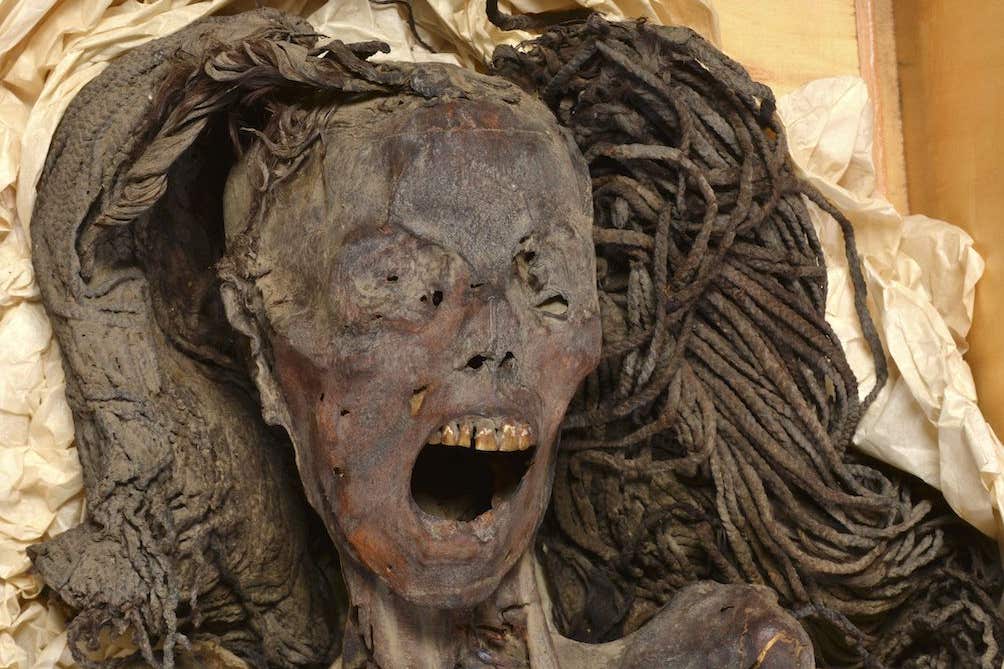
Your support helps us to tell the story
From reproductive rights to climate change to Big Tech, The Independent is on the ground when the story is developing. Whether it's investigating the financials of Elon Musk's pro-Trump PAC or producing our latest documentary, 'The A Word', which shines a light on the American women fighting for reproductive rights, we know how important it is to parse out the facts from the messaging.
At such a critical moment in US history, we need reporters on the ground. Your donation allows us to keep sending journalists to speak to both sides of the story.
The Independent is trusted by Americans across the entire political spectrum. And unlike many other quality news outlets, we choose not to lock Americans out of our reporting and analysis with paywalls. We believe quality journalism should be available to everyone, paid for by those who can afford it.
Your support makes all the difference.An ancient Egyptian mummy who was found wearing a black wig and had a “screaming” face may have died wailing in pain around 3,000 years ago, scientists believe.
Nicknamed the “Screaming Woman”, her eternal expression of agony has puzzled experts for 90 years.
Analysing the remains using new technology, archaeologists now believe she died crying in distress and her muscles quickly stiffened and froze shortly after her death, immortalising her anguish.
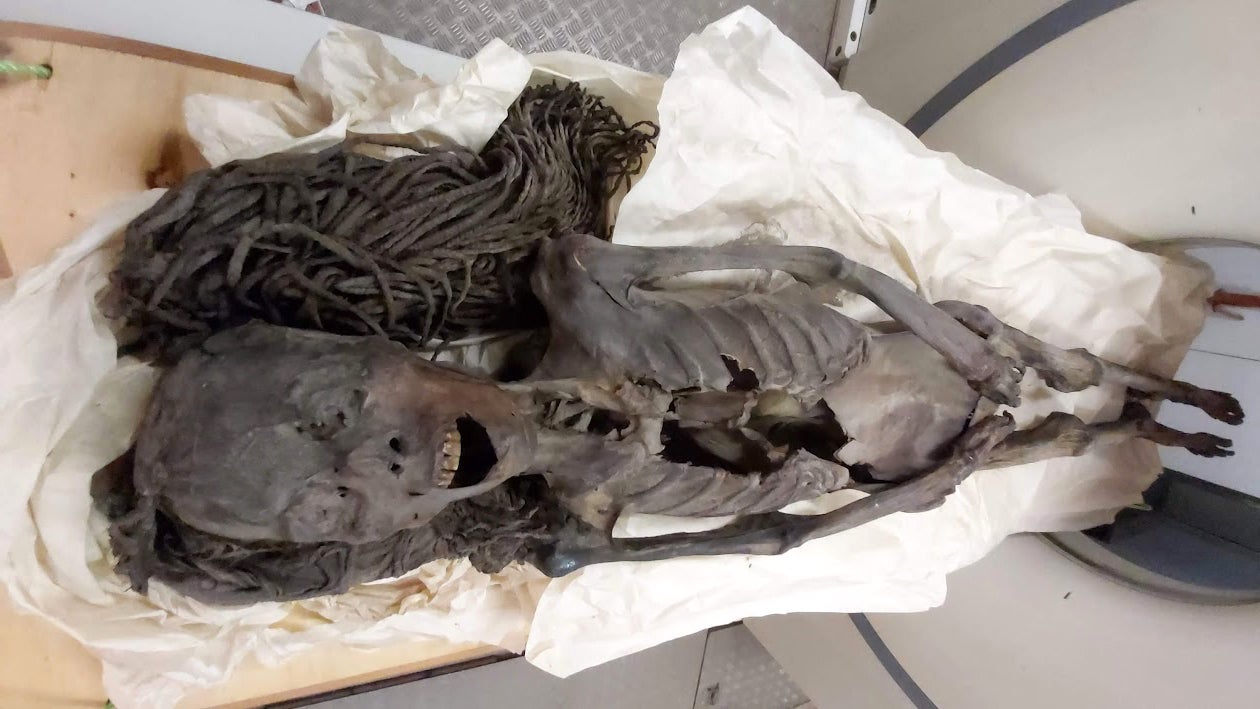
However they said the cause of her death, which may have been violent, remains a mystery.
Sahar Saleem, a professor of radiology at Kasr Al Ainy Hospital of Cairo University in Egypt, described the Screaming Woman as a “true time capsule” preserving the final moments of her life.
She believes the body experienced a rare event known as cadaveric spasm shortly after death.
This condition causes the muscles to freeze in the position the person was in at the moment of death.
Cadaveric spasms are usually associated with brutal deaths under extreme physical conditions and intense emotions.
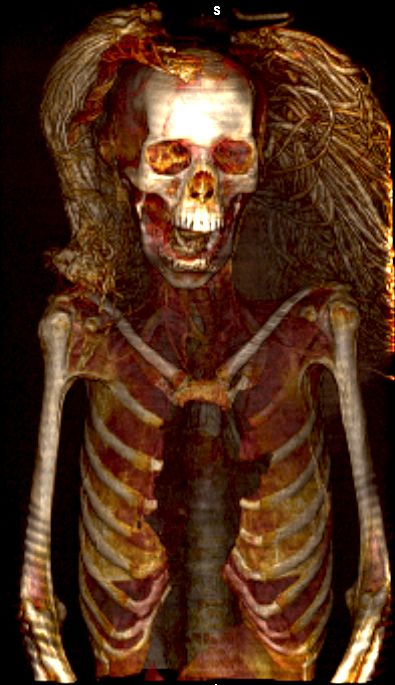
Prof Saleem said: “The mummy’s screaming facial expression in this study could be read as a cadaveric spasm, implying that the woman died screaming from agony or pain.”
The Screaming Woman was found at an ancient site in Luxor beneath the tomb of a well-known architect known as Senmut, not far from where his mother, Hat-Nufer, was buried.
The expedition was led by the Metropolitan Museum of New York.
Lying inside a wooden coffin, with legs extended and arms folded above her groin, the Screaming Woman had two gold and silver scarab rings on the third finger of her left hand, and a black wig made from date palm fibres treated with quartz, magnetite and albite crystals.
Analysis showed her natural hair was dyed with henna and juniper but researchers believe Egyptians preferred black hair because it represented youth.
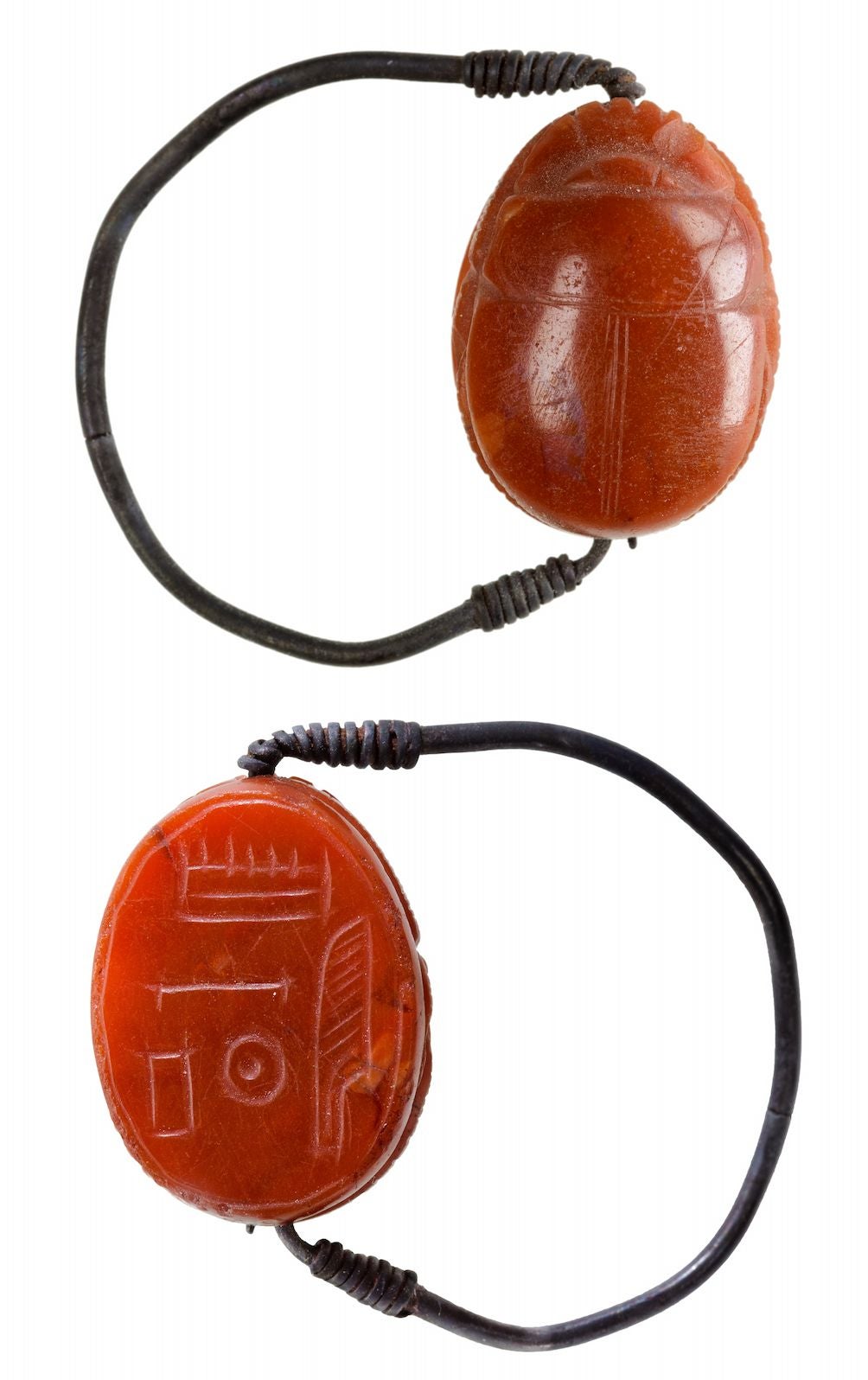
The Screaming Woman would have been around 5ft tall and died at the age of 48, researchers estimate.
Scans revealed she had lost and broken many of her teeth before her death and suffered from mild arthritis of the spine.
Prof Saleem said her brain, lungs, liver, spleen, kidneys and intestine were still present – unlike classic mummification methods where organs are usually removed from the body.
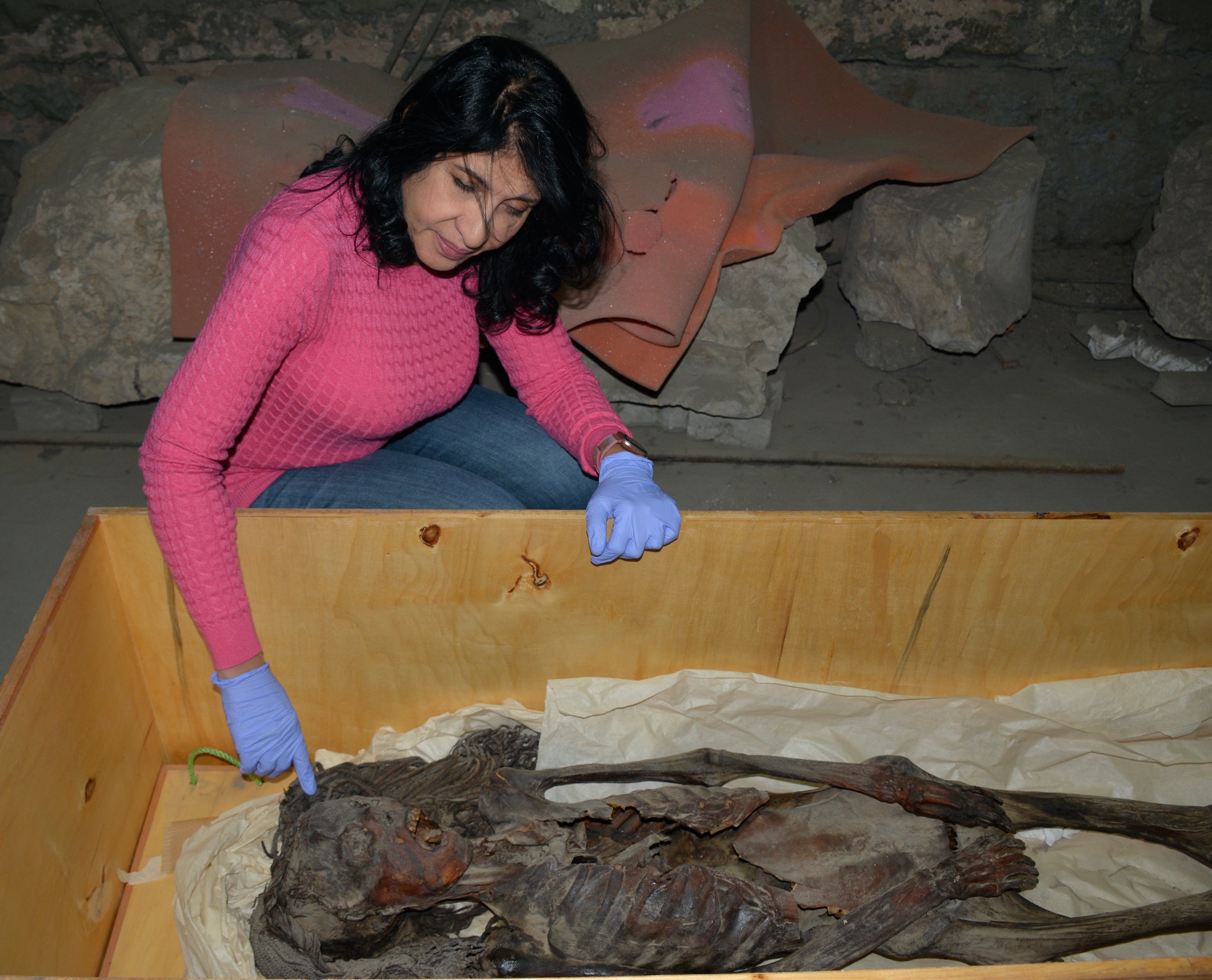
An examination of her skin revealed she had been embalmed with juniper and frankincense – costly items that had to be imported into Egypt from neighbouring countries, the researchers said.
Prof Saleem said the findings, published in the journal Frontiers in Medicine, challenge the view that the Screaming Woman’s pained expression was a result of poor embalming.
She said: “Here we show that she was embalmed with costly, imported embalming material.
“This, and the mummy’s well-preserved appearance, contradicts the traditional belief that a failure to remove her inner organs implied poor mummification.”